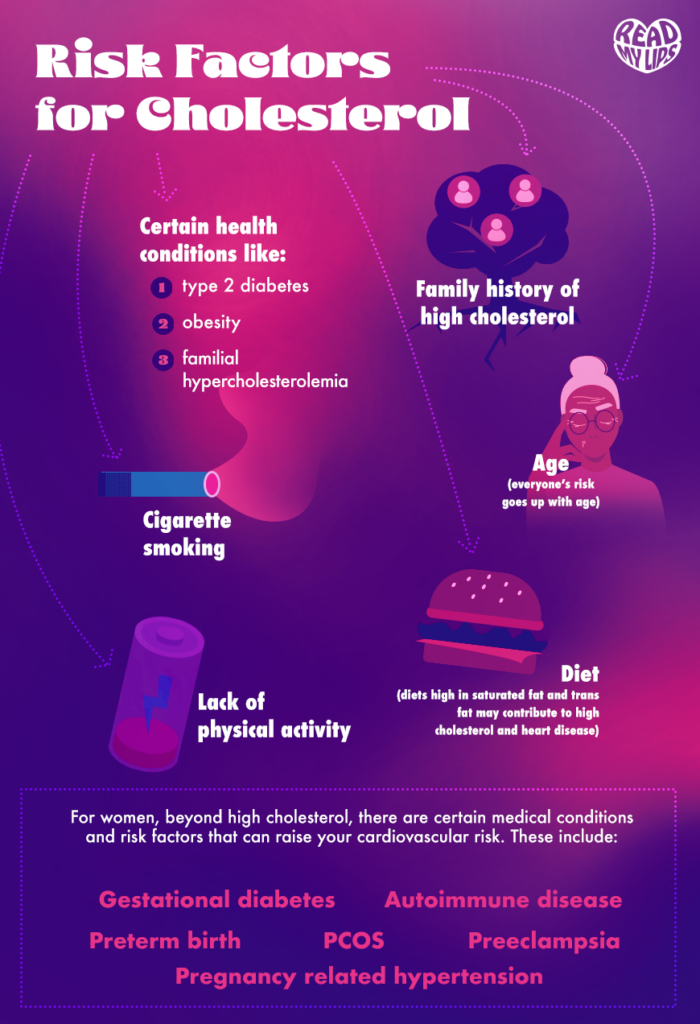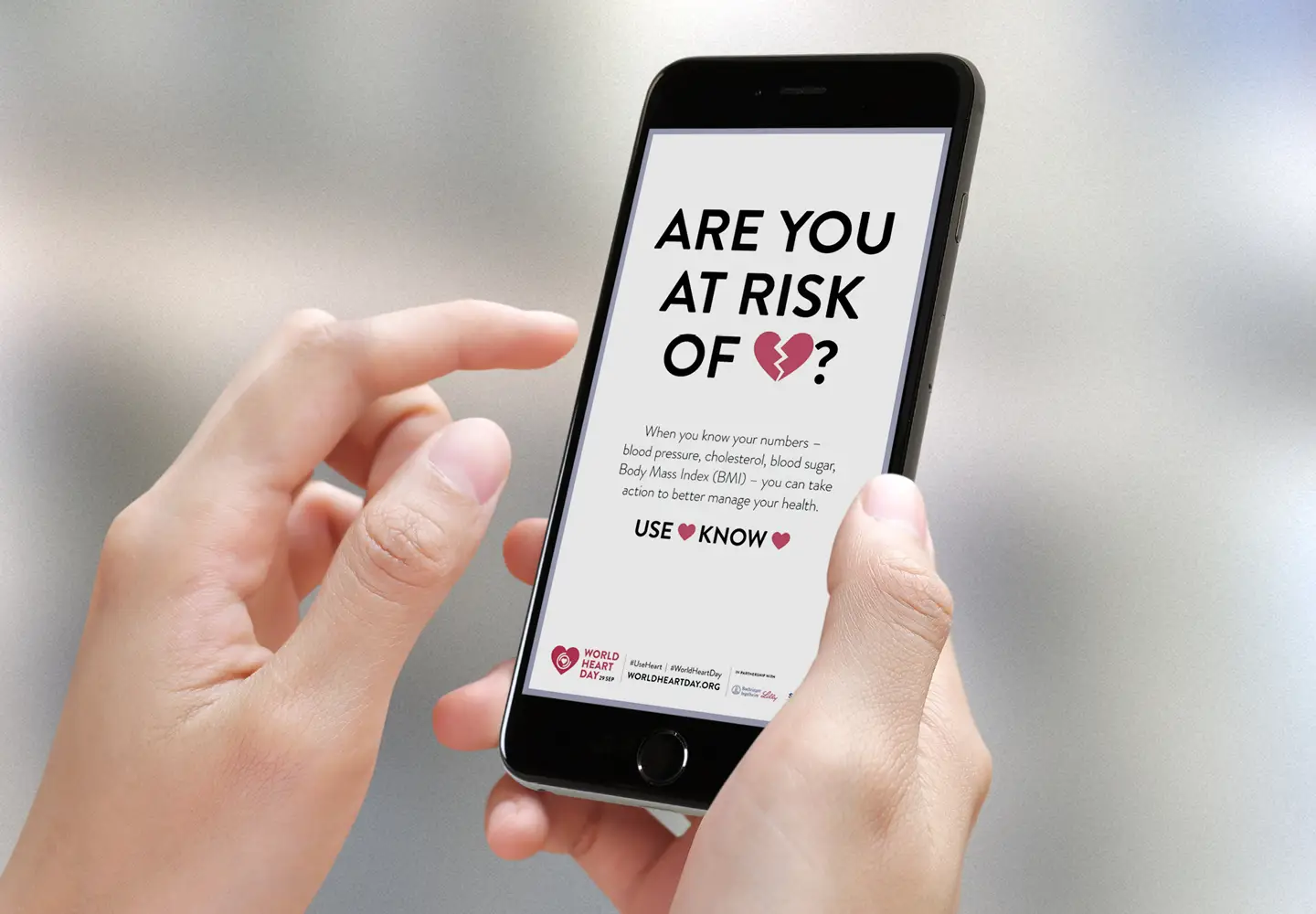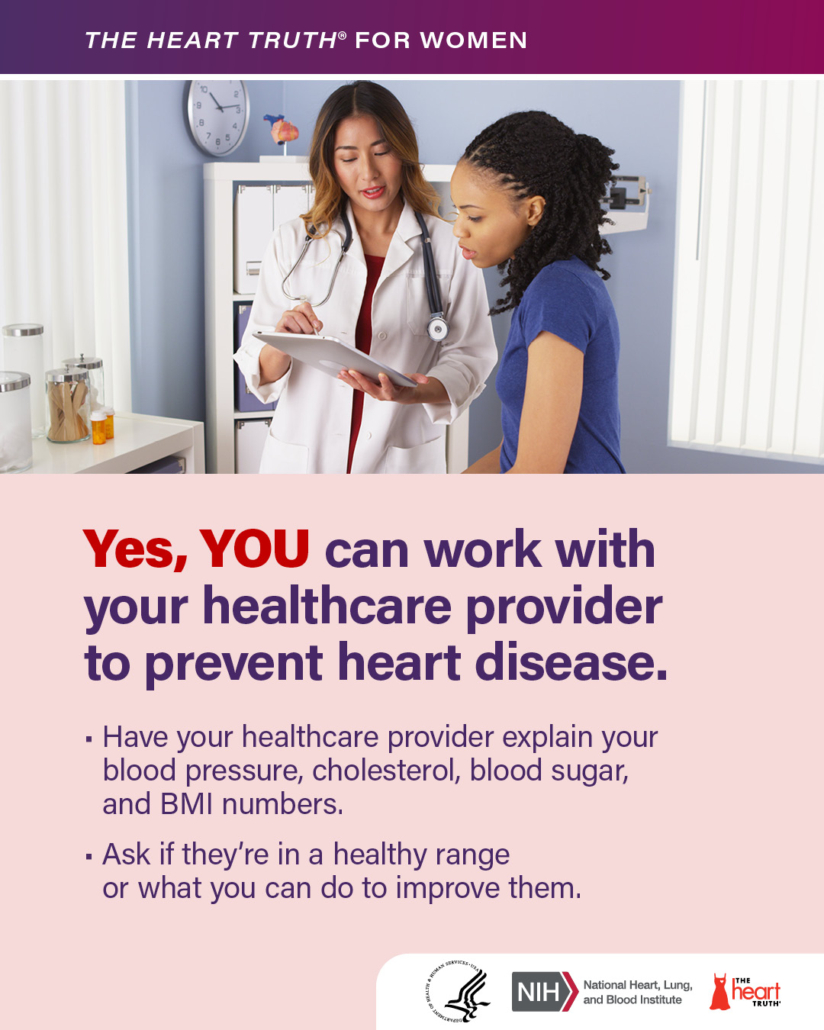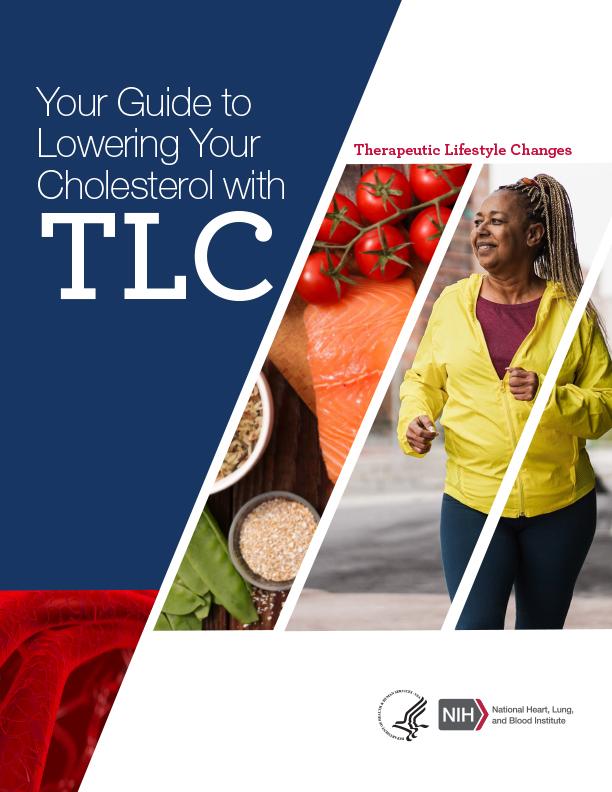“The only way to know whether you have
high cholesterol is to get your
cholesterol checked by your health care team”.1
Umbrella
What may the Cholesterol Umbrella include?
Depending on the Source (DotS) this Umbrella may include:
- Bad Cholesterol (LDL)
- Blood Cholesterol/Serum
- Good Cholesterol (HDL)
- High Density Lipoprotein (HDL) Cholesterol
- Hyperlipidemia
- Lipids
- Low Density Lipoprotein (LDL) Cholesterol
- Total Cholesterol
- Triglycerides
Definition
What is cholesterol?
DotS the definition of cholesterol may vary. The (United States) National Heart, Lung and Blood Institute’s (NHLBI) definition is:
The National Heart Foundation of Australia’s (NHFA) definition is:
The human body uses cholesterol to build cells, but too much can put you at risk of heart disease”.3
HDL
What is high-density lipoproteins (HDL)?
DotS the definition of HDL may vary. In High Cholesterol – Symptoms, Causes & Levels: Types of Cholesterol the British Heart Foundation’s (BHF) definition is:
Non-HDL
What is non-high density liproteins (non-HDL)?
DotS the definition of non-HDL may vary. In High Cholesterol – Symptoms, Causes & Levels: Types of Cholesterol the BHF’s definition is:
LDL
What is low-density lipoprotein (LDL)?
DotS the definition of LDL may vary. In High Cholesterol – Symptoms, Causes & Levels: Types of Cholesterol the BHF explain:
Triglycerides
What are triglycerides?
Dots the definition of triglycerides may vary. In Blood Cholesterol: What Is Blood Cholesterol? Cholesterol and Triglycerides the NHFA explain:
High Cholesterol
What is high cholesterol?
DotS the definition of high cholesterol may vary. In High Cholesterol – Symptoms, Causes & Levels: High Cholesterol Explained the BHF’s definition is:
Symptoms
What are symptoms of high cholesterol?
In Blood Cholesterol: Symptoms the NHLBI note:
 Cause
Cause
What causes high cholesterol?
In Blood Cholesterol: Causes and Risk Factors – What Raises the Risk for Unhealthy Blood Cholesterol Levels? the NHLBI elaborate on:
- Eating a lot of foods high in saturated fats…
- Lack of physical activity…
- Smoking…
- Stress…
- Drinking too much alcohol
- Getting little or low quality sleep…
Family History…
Other Medical Conditions…
Medicines…
Age…
Race or Ethnicity…
Sex”…10
Common or Not
How common is high cholesterol?
According to the CDC:
Heart Disease, Heart Attack and Stroke
Is there an association between heart disease, heart attack and stroke and cholesterol?
In What Is Cholesterol? Why Cholesterol Matters the (United States) American Heart Association (AHA) explain:
Prevention
How may high cholesterol be prevented?
In Prevention and Treatment of High Cholesterol (Hyperlipidemia): Know Your Numbers. And What To Do About Them. the AHA elaborate on:
- Eating a heart-healthy diet…
- Becoming more physically active…
- Quitting smoking…
- Losing weight…”.13
Know Your Numbers
How important is it to know your numbers?
In Know Your Numbers They Could Just Save Your Life Go Red for Women explain:
Talk to your healthcare provider today to learn about your Blood Pressure, Cholesterol, Blood Sugar and BMI (Body Mass Index). Your heart depends on it”.14
Health Care Provider
What if I think I have high cholesterol or I have a family history of high cholesterol?
If you think you have high cholesterol or you have a family history of high cholesterol it may be in your best interest to choose to talk to your health care provider about this.
In Cholesterol: About Cholesterol – How Do I Know If I Have High Cholesterol? the CDC explain:
Health Topics A-Z
Where may I find Health Topics A-Z related to Cholesterol?
In Health Topics A-Z you may find:
Links
Where may I find Links related to Cholesterol?
Your Country may have Links similar to:
Links
This Links List to third party websites is neither comprehensive nor exhaustive. Inclusion on this Links List does not imply endorsement or recommendation. Non-inclusion on this Links List does not imply non-endorsement or non-recommendation. Third party websites are not under the control of Meno Martha International Menopause Directory. Third party websites may contain explicit medical images and/or sexual references. Please read Meno Martha International Menopause Directory’s Links Policy before proceeding to a Link. Please contact Webmaster if you experience a problem with a Link.New or Updated
- Do Statins Cause Weight Gain [16 August 2024]
- How Menopause Affects Cholesterol Levels, and Ways To Manage It [28 May 2025]
- How Much Cholesterol Per Day Is Healthy? [20 December 2024]
- Mayo Clinic Minute: What High Triglycerides Mean and Why It Matters To Your Heart [14 February 2024] [+ Video Courtesy: Mayo Clinic News Network]
- Mayo Clinic Q and A: Cholesterol – Know Your Numbers [07 February 2025]
- What’s the Connection Between Statins and Diabetes? [14 August 2024]
- 4 Foods Not To Eat If You Have High Cholesterol
- 5 Ways To Increase HDL
- 6 Ways To Lower Your Cholesterol
- 8 Cholesterol-Lowering Foods To Try
- Blood Cholesterol
- Blood Cholesterol: What Is Blood Cholesterol? [+ Video: Cholesterol and Heart Disease | Heart Foundation]
- Blood Cholesterol: Causes and Risk Factors
- Blood Cholesterol: Signs, Symptoms, and Complications
- Blood Cholesterol: Treatment
- Can We Reduce Vascular Plaque Buildup?
- Causes of High Cholesterol
- Cholesterol
- Cholesterol
- Cholesterol
- Cholesterol Levels: What You Need To Know
- Cholesterol Medications
- Cholesterol Medicines Guide
- Cholesterol Myths and Facts
- Cholesterol and Heart Disease
- Cholesterol and Heart Disease: The Role of Diet
- Cholesterol-Lowering Supplements May Be Helpful
- Cholesterol: About
- Cholesterol: Cholesterol Lowering Medicines
- Cholesterol: Fact versus Fiction
- Cholesterol: LDL and HDL Cholesterol and Triglycerides
- Cholesterol: Myths and Facts
- Cholesterol: Preventing High Cholesterol
- Cholesterol: Risk Factors for High Cholesterol
- Cholesterol: Treat and Manage High Cholesterol
- Cholesterol: Top Foods To Improve Your Numbers
- Common Misconceptions About Cholesterol
- Consumer Video and Podcast Series: 2023 Consumer Videos and Podcasts – Menopause and Heart Disease
- Consumer Video and Podcast Series: 2024 Consumer Videos and Podcasts – Preparing for Your Menopause Healthcare Visit
- Control Your Cholesterol
- Doctors Should ‘Prescribe’ Exercise for Adults With Slightly High Blood Pressure, Cholesterol
- Eating Walnuts Every Day Could Lower Bad Cholesterol In Older Adults
- Eggs: Are They Good or Bad for My Cholesterol?
- Familial Hypercholesterolemia (FH)
- Fat: The Facts
- Fats Explained
- Fats, Oils and Heart Health
- February Is American Heart Month

- Five Ways To Lower Cholesterol
- For Women: The FDA Gives Tips To Prevent Heart Disease [Food and Drug Administration, United States]
- Get Your Cholesterol Checked
- Getting Serious About Heart Health: Risk Factors for Cholesterol

- Goredforwomen.org [Go Red for Women, United States]
- Give Your Good Cholesterol A Boost
- Goredforwomen.org [Go Red for Women, United States]
- HDL (Good), LDL (Bad) Cholesterol and Triglycerides
- Healthy Eating
- Healthy Living
- Heartuk.org.uk [Heart UK: The Cholesterol Charity
- Here’s the Latest on Dietary Cholesterol and How It Fits In With A Healthy Diet
- High Cholesterol
- High Cholesterol
- High Cholesterol Treatment: Does Cinnamon Lower Cholesterol?
- High Cholesterol – Symptoms, Causes & Levels
- High Cholesterol: Diagnosis & Treatment
- High Cholesterol: What Is High Cholesterol?
- How Does Menopause Affect Cholesterol Levels?
- How Menopause Affects Cholesterol Levels, and Ways To Manage It
- How Much Cholesterol Per Day Is Healthy?
- How To Eat Less Saturated Fat
- How To Get Your Cholesterol Tested
- How To Lower Cholesterol With Diet
- How To Make Healthy Food and Healthy Lifestyle Choices Now
- How To Naturally Lower Your Cholesterol
- Is High Cholesterol Hereditary?
- Know Your Numbers?
- Know Your Risk
- LDL and HDL Cholesterol and Triglycerides
- Life’s Essential 8
- Mayo Clinic Minute: Best Cooking Fats for Healthy Cholesterol Levels [+ Video Courtesy: Mayo Clinic News Network]
- Mayo Clinic Minute: What High Triglycerides Mean and Why It Matters To Your Heart [Video]
- Mayo Clinic Minute: Who Benefits From Taking Statins? [+ Video Courtesy: Mayo Clinic News Network]
- Mayo Clinic Q and A: Cholesterol – Know Your Numbers
- Menopause Can Bring Increased Cholesterol Levels and Other Heart Risks. Here’s Why and What To Do About It
- National Center for Complementary and Integrative Health: Herbs At A Glance
- National Center for Complementary and Integrative Health: How Safe Is This Product or Practice?
- Prevention and Treatment of High Cholesterol (Hyperlipidemia): Know Your Numbers and What to Do About Them – Losing Weight [+ Video: How To Manage High Cholesterol]
- Risk Factors for High Cholesterol
- Statin Side Effects: Weight the Benefits and the Risks
- Statins
- Statins and Diabetes: What You Should Know
- Statins, Risk, and Personalised Care
- Take Your Cholesterol Meds: Stopping Statins Can Cause Dangerous Side Effects
- Testing for Cholesterol
- Top 5 Lifestyle Changes To Improve Cholesterol
- Treat and Manage High Cholesterol
- Triglycerides: Why Do They Matter?
- What Is Cholesterol? Why Cholesterol Matters [+ Video: What Is Cholesterol?]
- What Is the Link Between Menopause and Cholesterol Levels?
- What It Means If You Have ‘Sticky’ Cholesterol?
- What’s the Best Diet for High Cholesterol?
- What’s the Connection Between Statins and Diabetes?
- World Heart Day [29 September]

- World Stroke Day [29 October]
- You Can Prevent Heart Disease. Yes, YOU

- Your Guide To Lowering Cholesterol With Therapeutic Lifestyle Changes (TLC)

Sources
Where may I find the Sources quoted?
You may find the Sources quoted at:
Sources
- Cholesterol: About Cholesterol – How Do I Know If I Have High Cholesterol? 15 May 2024. Centers for Disease Control and Prevention https://www.cdc.gov/cholesterol/about/index.html Accessed: 22 January 2025
- Blood Cholesterol: What Is Blood Cholesterol? Last Updated: 17 April 2024. National Heart, Lung and Blood Institute’s https://www.nhlbi.nih.gov/health-topics/blood-cholesterol Accessed: 22 January 2025
- Blood Cholesterol: What Is Blood Cholesterol? Last Updated: 10 January 2025. Last Reviewed: 19 November 2024. National Heart Foundation of Australia https://www.heartfoundation.org.au/your-heart/high-blood-cholesterol Accessed: 22 January 2025
- High Cholesterol – Symptoms, Causes & Levels: Types of Cholesterol. Page Last Reviewed: December 2023. British Heart Foundation https://www.bhf.org.uk/heart-health/risk-factors/high-cholesterol Accessed: 22 January 2025
- High Cholesterol – Symptoms, Causes & Levels: Types of Cholesterol. Page Last Reviewed: December 2023. British Heart Foundation https://www.bhf.org.uk/heart-health/risk-factors/high-cholesterol Accessed: 22 January 2025
- High Cholesterol – Symptoms, Causes & Levels: Types of Cholesterol. Page Last Reviewed: December 2023. British Heart Foundation https://www.bhf.org.uk/heart-health/risk-factors/high-cholesterol Accessed: 22 January 2025
- Blood Cholesterol: What Is Blood Cholesterol? Cholesterol and Triglycerides. Last Updated: 10 January 2025. Last Reviewed: 19 November 2024. National Heart Foundation of Australia https://www.heartfoundation.org.au/your-heart/high-blood-cholesterol Accessed: 22 January 2025
- High Cholesterol – Symptoms, Causes & Levels: High Cholesterol Explained. Page Last Reviewed: December 2023. British Heart Foundation https://www.bhf.org.uk/heart-health/risk-factors/high-cholesterol Accessed: 22 January 2025
- Blood Cholesterol: Symptoms. Last Updated: 18 April 2024. National Heart, Lung and Blood Institute’s https://www.nhlbi.nih.gov/health/blood-cholesterol/symptoms Accessed: 22 January 2025
- Blood Cholesterol: Causes and Risk Factors – What Raises the Risk for Unhealthy Blood Cholesterol Levels? Last Updated: 19 April 2024. National Heart, Lung and Blood Institute’s https://www.nhlbi.nih.gov/health/blood-cholesterol/causes Accessed: 22 January 2025
- Cholesterol: About Cholesterol – Key Facts. 15 May 2024. Centers for Disease Control and Prevention https://www.cdc.gov/cholesterol/about/index.html Accessed: 22 January 2025
- What Is Cholesterol? Why Cholesterol Matters. Last Reviewed 16 February 2024. American Heart Association https://www.heart.org/en/health-topics/cholesterol/about-cholesterol Accessed: 22 January 2025
- Prevention and Treatment of High Cholesterol (Hyperlipidemia). Know Your Numbers. And What To Do About Them. Last Reviewed: 19 February 2024. American Heart Association https://www.heart.org/HEARTORG/Conditions/Cholesterol/PreventionTreatmentofHighCholesterol/Prevention-and-Treatment-of-High-Cholesterol_UCM_001215_Article.jsp Accessed: 22 January 2025
- Know Your Numbers They Could Just Save Your Life. Go Red for Women https://www.goredforwomen.org/en/know-your-risk/know-your-numbers Accessed: 22 January 2025
- Cholesterol: About Cholesterol – How Do I Know If I Have High Cholesterol? 15 May 2024. Centers for Disease Control and Prevention https://www.cdc.gov/cholesterol/about/index.html Accessed: 22 January 2025







